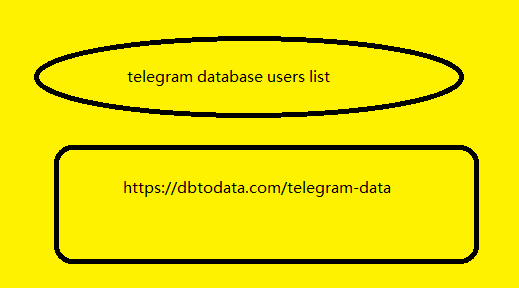What are the principles for settlement of account 112 and bank deposits? The following article by MISA MeInvoice will provide readers with detailed information on accounting operations for account 112 (TK 112) in Vietnamese Dong.
Note: Readers can see other accounting accounts in the accounting system in the article below.
See more: Accounting system according to the latest circular 200 Excel file
Table of Contents Hide
1. Accounting principles for account 112 (account 112) – Bank deposit account
2. Structure and content of account 112 (Account 112) – Bank deposit account
3. Instructions for settling some major transactions of Account 112 (Account 112) – Bank deposit account
If selling products goods providing services
and collecting immediately by bank deposit, accountants record revenue
3.2. If receiving State Budget (NSNN) payment for subsidies and subsidies by bank deposit
3.3. If additional financial revenue arises, other income in the form of bank deposits
3.4. If cash is withdrawn and deposited into canada telegram data an account opened at a Bank
3.5. If the customer receives an advance payment or pays the debt by bank transfer, based on the Bank’s Credit Notice
3.6. If collecting receivables, deposits, collateral, lending by bank deposits; Receiving deposits,
collateral from other businesses by bank deposits
3.7. If selling short-term and long-term investments already wellcoordinated author seo with cash from bank deposits, accountants need to record the difference between the amount received and the cost of the investment (determined based on the weighted canada data average method) in financial income / financial expenses.
3.8. If the owner’s capital contribution in cash has been received
3.9. If receiving money from the parties participating in a business cooperation contract without establishing a legal entity to be able to cover common activities
3.10. If withdrawing bank deposits to cash fund, transfer bank deposits to collateral, bet
3.11. If buying securities, lending or investing in subsidiaries, joint ventures, associates… with bank deposits
3.12. If purchasing inventory (by regular declaration method), purchasing fixed assets, spending on
basic construction investment activities with bank deposits
3.13. If purchasing inventory with bank deposits (by periodic inventory method), if input VAT is deductible
3.14. If purchasing raw materials and supplies paid by bank deposit for immediate use in production and business, if input VAT is deductible
3.15. If payment of debts is made by bank deposit
3.16. Financial expenses, other expenses in bank deposits
3.17. If paying capital contributions, dividends, or profits to capital contributors, paying bonus and welfare funds with bank deposits
3.18. If payment of trade discounts, sales discounts, and sales returns is made by bank deposits
3.19. If accounting for government bond repurchase contracts:
3.20. If economic transactions involve foreign currency:
If the accountant revalues monetary gold
The actual transaction exchange rate applied when revaluating bank deposit balances in foreign currency is the foreign currency buying rate of the commercial bank where the enterprise opens a foreign currency account at the time of preparing the Financial Statement. In case there are many foreign currency accounts at different banks and the buying rates of these banks do not differ significantly, the enterprise can choose the buying rate of one of the banks where the enterprise has opened a foreign currency account as the basis for revaluation.

